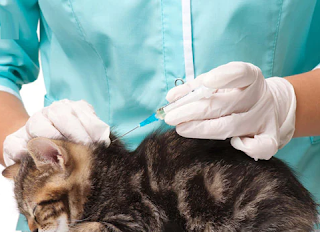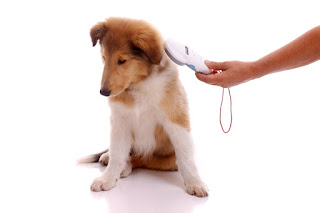Cats are considered senior when they reach the age of 11 to 14 years. At this point in their lives, cats begin to undergo several issues with their health. Like humans, cats begin to have a reduced ability to do things. They may experience numerous indications of pain or discomfort that may be due to underlying medical conditions.
If you want to know more about the common diseases that may be experienced by your beloved cat, read on. Some of them are listed as follows:
●
Some types of cancer commonly occur
in senior felines, including oral, mammary, and intestinal cancers.
●
Senior felines are at higher risk of
developing diabetes because of being overweight.
●
About 80% of felines who are old
suffer from cognitive dysfunction syndrome.
●
Senior felines commonly encounter
inflammatory bowel diseases, such as weight loss, vomiting, diarrhea, and
hyperthyroidism.
●
Over 20% of felines develop kidney
disease.
● More than 80% of senior cats acquire dental disease and osteoarthritis.
If your pet is showing any signs of
illness, make an appointment with your vet clinic Burlington, ON.








